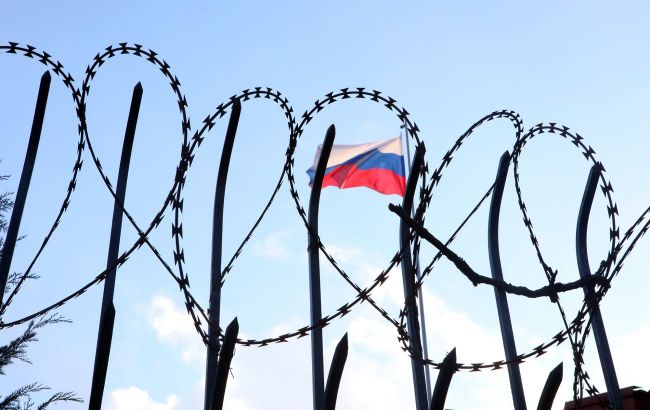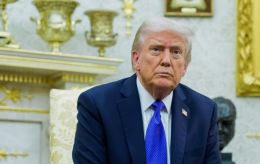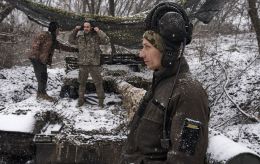EU discusses 2 options for long-term freezing of Russian assets - Reuters
 Photo: EU to freeze Russian assets for Ukraine loan (Getty Images)
Photo: EU to freeze Russian assets for Ukraine loan (Getty Images)
European Union member states will discuss options today to extend sanctions on Russian central bank assets to support a G7 plan to provide a large loan to Ukraine, Reuters reports.
The leaders of the Group of Seven and the EU agreed in June to use interest on frozen Russian assets to support a $50 billion loan to Ukraine to help it defend itself against Moscow's invasion.
Most of the assets, about $300 billion, are held in EU financial institutions, mostly in Belgium. According to EU rules, the sanctions regime against Russia requires unanimous approval by EU states to be renewed every six months.
Some countries of the Group of Seven major democracies, including the United States, are concerned that there may come a time when unanimity is not reached in the 27-nation EU, jeopardizing the entire loan, EU diplomats said.
Hungarian Prime Minister Viktor Orbán has closer ties to Russia than other national leaders in the EU and has repeatedly delayed taking action to impose new restrictions and provide financial support to Ukraine.
Two options
The EU ambassadors will discuss two options to ease these fears. One of them could be an “open-ended” extension of the sanctions regime, which has frozen the assets of the Russian central bank.
"This shall be reviewed by the Council at regular intervals (e.g. twelve months), on the basis of clear predefined criteria (i.e. the end of the war of aggression and assurances of non-repetition, the payment of compensation by Russia, etc.)," the document says.
Another option was to extend the extension period to three years. Unanimity among the EU member states would still be required in any case, and these extensions would apply only to the assets of the Russian central bank.
Both options are aimed at “enhance legal certainty and predictability for G7 partners for the extraordinary revenue streams, which shall be made available to Ukraine to service and repay additional bilateral loans by the EU and G7 partners.”
During their June summit in Italy, the G7 leaders agreed to provide Ukraine with a $50 billion loan from the proceeds of Russian assets that have been frozen in Western countries since the start of the full-scale war in Ukraine. The money is to be transferred to Ukraine by the end of 2024.
The EU countries plan to provide up to 60% of the necessary funds for a $50 billion loan to Ukraine.

